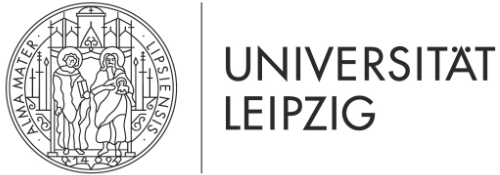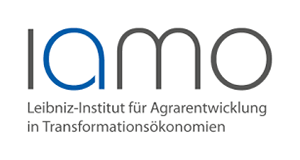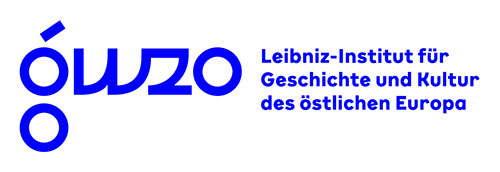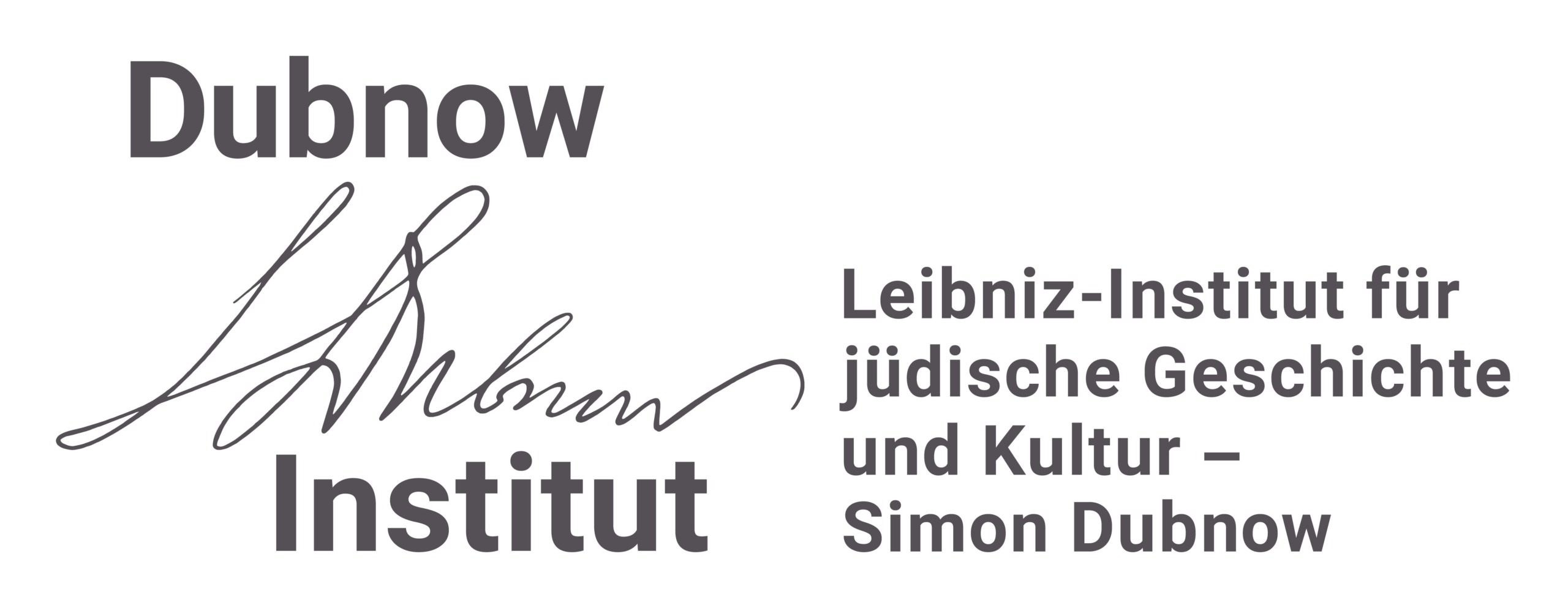Karina Khasnulina
Karina Khasnulina is a Ph.D. Fellow working on the transnational interactions in the field of industrial and urban construction in China under the supervision of Dr. Steffi Marung and Prof. Dr. Elisabeth Kaske. She earned a MA degree in Oriental Studies at the Novosibirsk State University (Russia). She also studied and conducted research at the European University at Saint-Petersburg (Russia) and Nanjing University (China). Karina took part in several Oral History projects led by the Center of Contemporary China studies (Nanjing). In addition, Karina initiates and develops free public education related to the modern Chinese history.
Her research interests lie in entanglement and globalization, history of the Cold War and Sino-Soviet relations, China’s modernization debates, urban history and architecture, global and transnational history.
Research Project
Studying the role and place of Eastern European actors in global processes, as well as the influence of modern global processes on Eastern European actors is the integral part of the EEGA ScienceCampus. In her research Karina Khasnulina aims to contribute to this field by focusing on the transfers of knowledge and technology, engineering mobilities, and cultural interactions which accompanied the Chinese industrialization from the 1950s onwards. Despite the fact that a recent scholarship has addressed the Soviet contribution in the early PRC‘s industrial development, the topic still contains some lacunae, especially in relation to the Chinese adaptation of the Soviet model at the local level, its transformation, and the role of individual actors in these processes. Examining the history of concrete industrial cities and factories in Luoyang and Changchun using Russian and Chinese archival materials and interviews, the research reconstructs the channels through which the ideas of socialist modernity, technologies and technical knowledge inside and outside the Iron curtain were transferred to the industrial cities of Luoyang and Changchun.








